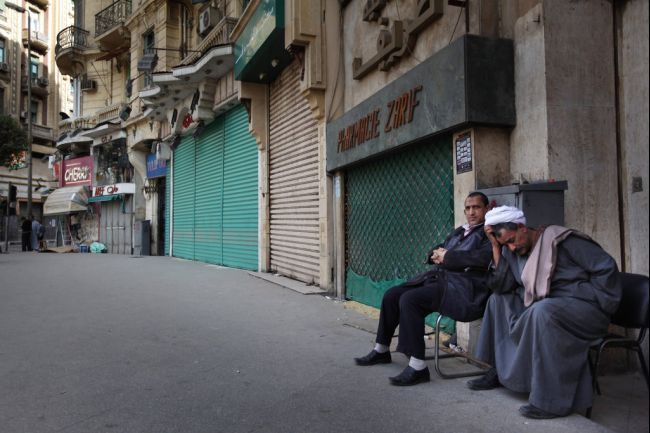CAIRO: A draft law that would make DNA testing mandatory and applicable in court cases for proving parenthood is now under final revision before parliament members cast their votes on it.
The draft law was first introduced a couple of months ago by a number of MPs, including Mohamed Khalil Quoita. Following the approval of the Grand Mufti and the Ministry of Justice, the parliament s Suggestion and Complaints Committee reviewed the draft law.
After the committee gave the draft a green light, it passed it on to the Legislative and Constitutional Affairs Committee. If approved, the draft law would be discussed in a parliamentary session and consequently be subject to a vote that would decide its fate.
I hope the law is passed during the current term, says Quoita.
At present, there are about 14,000 court cases focused on proving parenthood under litigation; DNA tests are not currently admitted as evidence in court. If a man contesting a lawsuit filed by a woman claiming a baby is his refuses to take the test, it is not taken as evidence against him.
Meanwhile, the baby is either left without a birth certificate, since only men have the right to register babies, or is registered under the name of a male member of his mother s family.
Without a birth certificate, a child doesn t legally exist, which means no government sponsored vaccinations or education. It also means that if the child is kidnapped, murdered or gets lost, the mother can’t report it to the police, as the child doesn’t legally exist, explains Lamiaa Lotfy of the New Woman Foundation, who has been working on an almost-year-long intensive campaign to change the legislation governing parenthood proving cases
While many sympathize with the babies involved, as they are the ones who suffer the brunt of the consequences, differences arise regarding the men and women contesting in court.
When the draft law was first introduced earlier this year, many societal and religious hardliners opposed it, saying the law would encourage adultery, premarital sex and orfi marriages.
Women’s rights activists and other supporters of the law refute such claims, saying that by holding the man responsible for the outcome of a sexual relationship, the society will see less of the frowned-upon relationships.
The law will reduce the number of orfi marriages and impermissible relationships, Quoita said in a previous interview with The Daily Star Egypt, explaining that the man in this case steals “temporary pleasure and gets away with his deed, leaving the mother in disgrace with a child with no lineage.
“There is nothing that says the law encourages or discourages [a behavior], says Nuhad Abu El Qumsan, the president of the Egyptian Center for Women’s Rights, “The law organizes what already exists. It responds to people’s needs.
She refers to the women that she has dealt with in these cases. Most of them have been rape victims or girls who got married, gave birth and then were divorced before reaching the legal age of marriage. In these cases, the woman’s father, brother or uncle registers the child under his name.
This is the people’s way of organizing their life in the absence of laws that correspond to reality, Abu El Qumsan notes, adding that this procedure leads to socially and religiously unacceptable lineage confusion. “The child is a women’s son and her brother at the same time, Abu El Qumsan says.
Lotfy, who is currently working on analyzing the relevant court cases, the circumstances that lead to them and the status of the people involved, strongly refutes claims that orfi marriages and impermissible sexual intercourse are the main reasons for parenthood lawsuits.
Lotfy notes that 40 percent of the court cases concern married women who had an irresolvable conflict with their husbands, who in turn refused to register the children under their names. She also cited cases of marriage of underage girls to wealthy foreigners that usually end four or five months later, leaving the girl to raise the child on her own.
Abu El Qumsan says the NGO she presides over has worked with many rape victims filing similar lawsuits.
Some opponents also say that the law would provide opportunities for a woman to defame a man s reputation by falsely claiming they were involved in an affair and dragging him through a long lawsuit.
But part of Quoita s draft law specifies a fine for the woman if the DNA tests prove that she made a false accusation.

